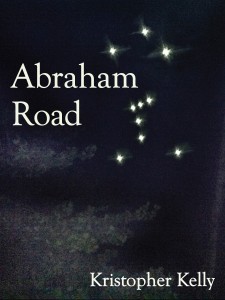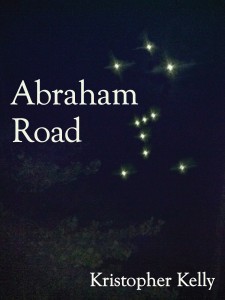I suppose you’re right. I mean, now that slavery’s been outlawed, people of all colors seeking domesticated dependents over which they can have total control must resort to something. Why not get a pet? Don’t I know that I’m missing out on a complete life? Don’t I know that not having a pet marks me as a cold-hearted, animal-hating Cruella?
Well, yes, I suppose you’ve pegged me. Why not, indeed, but for my hatred of innocence and all things cuddly and/or quadrupedal. But allow me, for a second, to explain my misgivings.
First off, while I could take the easy road and attack pet owners for being lonely people in desperate need of the unconditional love a pet can provide and which the pet owner cannot manage to elicit from the world at large, I don’t see anything inherently wrong with this phenomenon. If it really were about finding something to love that would love you back—well, so be it. But pet ownership isn’t about love; pet ownership is about power. (See: pet ownership)
Pets are quasi-human creatures valued for their ability to seem human while never developing beyond a kind of infant-like state out of which no revolution can ever be born. They are, in other words, sort of human but always less than human. An abused dog never has a chance of overthrowing its cruel master. It must suffer its abuse and at best take its frustrations out on things less likely to bite back: the mailman, passing children, and creatures generally smaller than itself.
The infant-like state of pets keeps their psychology simple, and allows every would-be master to feel superior to their trained beasts. As companions, pets are the equivalent of friends dumber than you; they will never challenge you and tell you that you are wrong, and you will always feel clever by comparison.
Further evidence of the power dynamics inherent in pet ownership is exposed through an examination of just how thoroughly being a “pet” requires the full subversion of the otherwise natural tendencies of the creature possessed. Dogs are collared, muzzled, and leashed; fish are sequestered in a small tank and made to stay relatively put; and birds? They get it worst of all. Caged and completely denied their most basic form of motion–only future veal could say it has it worse! Cats get off pretty easy, and cats may therefore be the one unmasterable pet—although their prissy arrogance has always created a certain amount of distrust between humans and felines. I have no doubt that if cats grew to the size of mountain lions, they would eat us all.
Moreover, pets are animals torn from a world in which they would be able to exist naturally and placed in a world in which they absolutely cannot function without the constant attention of a human master. This environment of enforced, isolated dependency is common in situations of domestic violence, indentured servitude, and prostitution, where people are forced through various means to do what they are told because they need something that they can now only get from the person telling them what to do. The only way a pet is ever getting out of this situation is to slip out into the street and get plastered by a bus, or start scrounging for scraps and rats with the diseased mutts in the alley.
A lot of effort goes into the maintenance of a pet, but what are the rewards? Well, you get something that is more or less happy to have you around, but eventually this gets kind of old. Face it: you will never want to play with your dog as much as your dog will want to play with you. And even if you don’t mind the inconvenience and believe that you are a very nice animal-slave-owner and that your little dumb furry slave loves you—even if all of that is true, there is still the fundamental truth that you will let your pet down. You will disappoint it, because a pet is a prisoner—your prisoner—but it has been made to love you, and love you it does. You are the most important thing in its world, but this feeling is something you will never be able to reciprocate simply because of the fact that for you, the pet is a peripheral entity—a side benefit that you enjoy visiting with now and then. Eventually, the pet’s continued entreaties for attention will grow annoying, because you’ve seen all the animal’s tricks before and you’re kind of bored. Or maybe you just have something else to do that’s more important than an unending game of Fetch the Nasty. In the end, there is hardly a better way to give yourself a guilty conscience than have some sorry animal neglected in your home that loves you more than you’ll ever love it.
Children are ultimately more satisfying, because eventually they grow out of diapers, start talking, and start changing into strange creatures you can no longer train to roll over and play dead. Pets don’t change; no pet will ever become smart enough to get a job and pay for its own Purina.
Owning pets is the privilege of the dominant race. Having subservient creatures in every household (no matter how small) is another way we show our hegemony to the rest of the natural world.
But you’re right. Sounds like I’m missing out.





